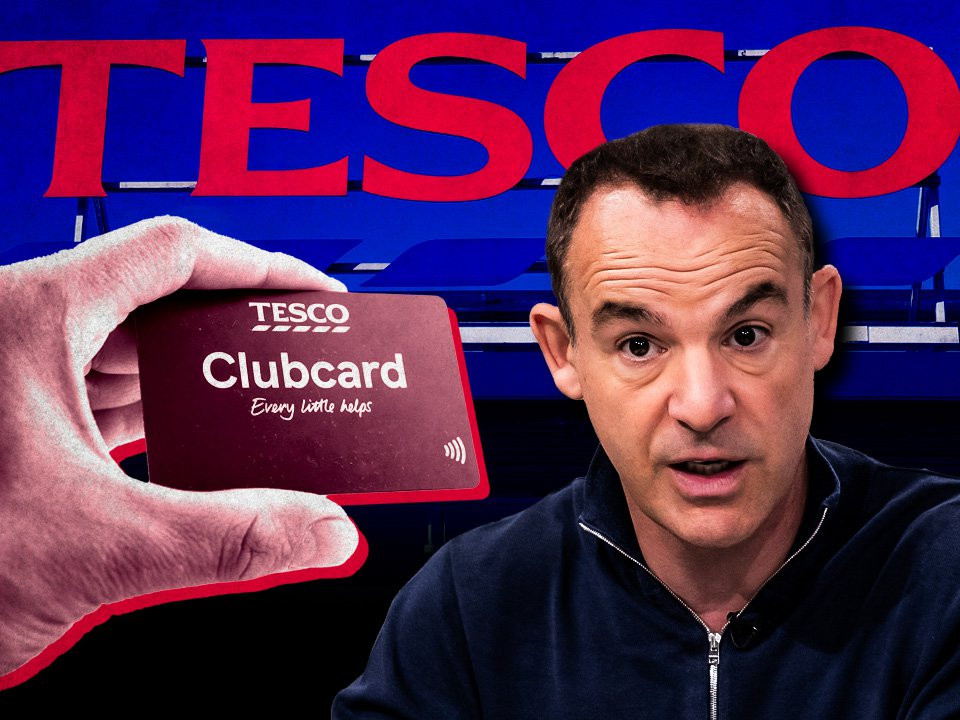In just a few weeks, there could be some major changes to buy now, pay later (BNPL) schemes. Customers can pay for products in instalments over a stretch of time using the unregulated financial service. The scheme, which is offered by companies like Clearpay and Klarna, allow customers to pay for products over instalments.
Clearpay and Klarna are among the firms offering this service on a wide range of products. But the service could be brought into regulation if new rules are brought in by the Treasury, reports MirrorOnline.
BNPL Regulation: A Growing Trend
The potential for regulation of BNPL schemes has been a topic of discussion for some time. In 2021, the previous Tory government initiated consultations regarding potential regulation. However, concerns arose about lenders potentially shifting their operations to other countries if restrictions were imposed. This led to delays in implementing any concrete regulations.
Concerns Regarding Consumer Protection
While BNPL schemes can offer convenience to consumers, their lack of regulation raises concerns about consumer protection. Unlike traditional credit agreements, BNPL customers are generally not charged interest unless they fail to make payments on time. However, they are also offered less protection due to the lack of oversight.
Banks typically scrutinize a customer's credit history and financial status before approving loans. BNPL firms, however, are not obligated to conduct such checks, although Klarna introduced these measures in 2022.
Furthermore, BNPL customers currently lack the ability to seek redress from the Financial Ombudsman Service in case of unfair treatment.
The Impact of BNPL on Spending Habits
The popularity of BNPL services has been steadily increasing. In 2024, British consumers spent an estimated £9.4 billion on BNPL services. In the year leading up to July, BNPL purchases accounted for 15.6% of total online spending.
Klarna's Response to Industry Changes
In recent years, Klarna has faced challenges related to the growth of artificial intelligence (AI). The company has reduced its workforce by over 1,000 in the past year. A spokesperson stated that the company's total employee count could drop to around 2,000 in the coming years, down from the current level of 3,800. Klarna attributes this reduction to increased efficiency driven by its investments in AI, which have lowered operating expenses and improved profitability. The company also highlights the role of its AI assistant in enhancing the shopping experience for consumers by providing personalized product recommendations and saving time and money.
The Future of Buy Now, Pay Later
The potential regulation of BNPL schemes could have significant implications for both consumers and the industry. The proposed regulations are aimed at ensuring greater consumer protection and promoting responsible lending practices. BNPL firms should implement safety features such as monitoring customer credit history and conducting affordability checks to mitigate potential risks.
Labour has previously suggested that BNPL firms should incorporate these safety features as part of their services. The implementation of these measures could help to protect consumers from falling into debt and ensure the long-term sustainability of the BNPL industry.
Key Considerations for Consumers
While BNPL schemes can be attractive due to their convenience, it is crucial for consumers to understand the potential risks involved. Before using these services, consumers should carefully consider their financial situation and their ability to repay the instalments on time. Additionally, consumers should be aware of the lack of consumer protection currently available with BNPL schemes and explore alternative financing options.
The Road Ahead: What to Expect?
The proposed regulations are expected to be implemented in the coming weeks, potentially ushering in a new era for the BNPL industry. These changes aim to strike a balance between fostering innovation and protecting consumers. The outcome of these regulations will have a lasting impact on the future of BNPL, shaping the landscape of online shopping and consumer finance.

















